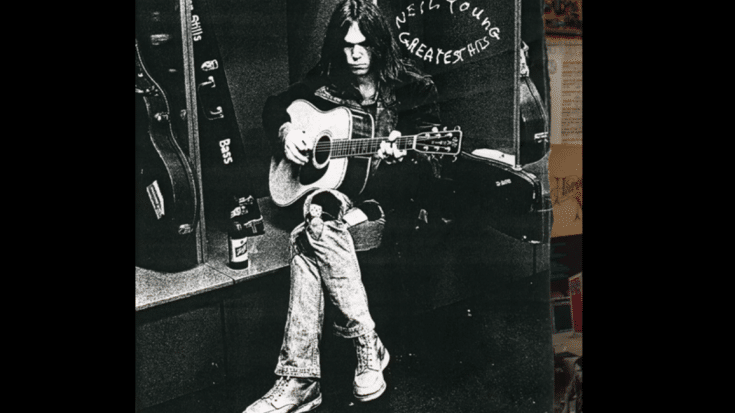Neil Young Had One Song That Took Him A Decade To Write

via neilyoungchannel/YouTube
Neil Young has always cared more about the process than the end result when he writes a song. Most artists are pushed by their record makers to turn in a finished product, but Young is known for letting his songs change until they feel right to him. He never set the goal of being perfect. His music stood out because of its raw, rough-around-the-edges sound on albums like Tonight’s the Night and Zuma. Moments of being out of tune or playing badly were never fixed; they were part of the magic.
The Wild Creative Detour of the ‘80s
By the 1980s, Young had already broken a lot of record-breaking rules. After signing with Geffen Records, he did unusual things that fans and reviewers didn’t understand. His folk-rock roots were very different from the synthesizers and robotic vocals on his 1982 record Trans. Then came Everybody’s Rockin’, an old-school rockabilly song that made his label even less sure what to do.
Young’s creative freedom even led Geffen to sue him because he didn’t deliver “rock and roll albums.” Even though things got chaotic, Young stuck to his unpredictable way.
Returning to His Roots with Old Ways
After his genre experiments, Young circled back to his signature sound. Albums like Old Ways showed him reconnecting with the country-inspired folk that fans had fallen in love with on Harvest and his work with Crosby, Stills, and Nash. Yet even with the rootsy vibe of Old Ways, one song didn’t make the final cut: “Depression Blues.”
The Strange Journey of “Depression Blues”
“Depression Blues” was recorded during the Old Ways sessions but remained unreleased for over a decade. Instead of fitting it into the album, Young saved the track for a higher purpose. It first surfaced on charity records supporting the original Farm Aid concerts, which Young helped organize to aid struggling American farmers.
The song paints a somber yet vivid picture of rural hardship during the Great Depression. The lyrics captured the experience of a farmer fighting to survive amid bleak times, something that fit perfectly with the purpose of Farm Aid.
From the Vault to Lucky Thirteen
“Depression Blues” finally got a proper studio release on Lucky Thirteen, a compilation of Young’s Geffen years. By the time of its 1993 release, Young had entered yet another chapter of his career. His 1989 album Freedom had re-established him as a mentor to the younger generation of grunge artists, particularly Pearl Jam.
Though he would go on to record with every member of Pearl Jam except Eddie Vedder, the song remained a throwback to his country-folk storytelling roots.
A Song That Captures Young’s Spirit
Geffen may not have wanted “Depression Blues” to be a popular “rock and roll” song, but it’s a great example of how honest Young is as an artist. There is a message in the song that says artists give people what they need, not what they want. By staying true to his vision, Neil Young earned his place as one of the most independent and important figures in rock history.


















